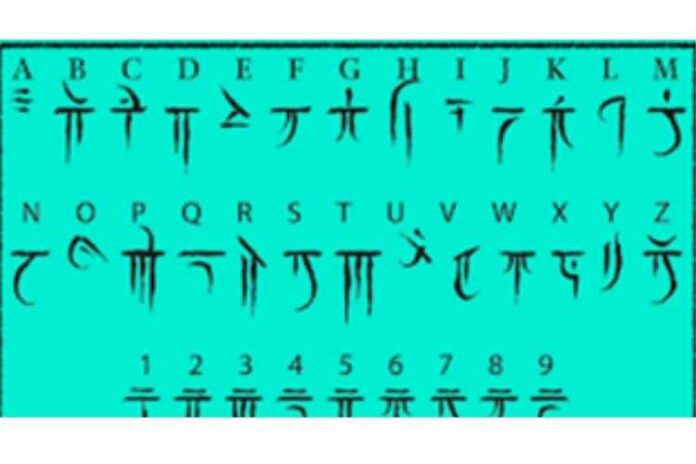Primal 5e languages are the sounds of creation. The music of the elements is a common thread in elemental worlds. The language is spoken by fierce elementals, playful mephitis, and genies. The primitive sounds are similar to ordinary human speech, but they can have mystical effects on those who can learn to speak them. The primitive language is a kind of controlled atmosphere that is often described as a complex humming.
Elemental Languages
The elemental languages are based on the primordial 5e language. This language was once known as the Giant Language but was later corrupted by the evil of the abyss. The language was then separated into its many dialects, including the elements’ own. Below is a list of some of the most important attributes of these primal languages.
- They are similar to the other common human languages, but they also have unique qualities.
- The language of the elementals is similar to that of the Primordial. The language is a string of notes that are shared by the four prime elements. The common language is composed of all four dialects, and it is used by the whole cast of characters in the game.
- It is considered a “low” language, but it has magical effects on those who learn it. It is considered to be an ancient language that has the power to sway the fates of people.
- The elemental languages are similar to those used by humans in D&D. The four main elements are Water, Air, and Fire. The language of the elementals is a language of the elements, with distinct dialects for each plane. In addition to the four main elemental dialects, there are four other sub-languages. The five languages of the elementals are all common, although the latter two are rare. Each of the five language types has its vocabulary and grammar.
History of Elemental Languages
The elemental language is an ancient language used by the elementals. It is a dialect of the primordial language, which was a vast and powerful Language. It was a common language, but it has distinct dialects on each of the four prime elements. It is a very mundane language, and its language may be spoken by humans, but the masters of each plane can learn the secret languages to communicate with the elemental lords.
The language of the elemental planes is a musical language of creation. The elements share a common language which is a string of notes. It is a common tongue, with distinct dialects on each plane. However, it may have magical effects on its master. The elements are ruled by their own rules, and the elemental planes are no exception. This is the only way that they can speak this language.
The elemental language is a dialect of the Primal 5e language for Business Cave , a dialect of the Giant Language that has evolved due to the evil in the abyss. This elemental language is akin to the English language. There are no exceptions. As long as you can find a native speaker, you can use this ancient dialect as a guide. But remember that the elemental languages are only one language family.
Song sung by the four prime elements
The language of the elemental planes is a song that is sung by the four prime elements. The four elements have distinct dialects. They share a common language. These languages are largely mundane, but they can have magical effects on their masters. They often have unique words to spell out. They can understand and speak different languages. Aside from this, they have different abilities that make them stand out in the game.
. Listed below are the attributes of the primal 5e language. They speak the same words like humans. The elements of the world share a common language but are often hostile towards outsiders.
Summary :-
In the dnd there are four elemental languages spoken by the four elements water, air ,earth and fire .The languages of the elementals are the languages of the primordial. Before, the language was known as the Giant Language, but it was twisted by the evil of the abyss. This language is now known as the elemental d&d language








